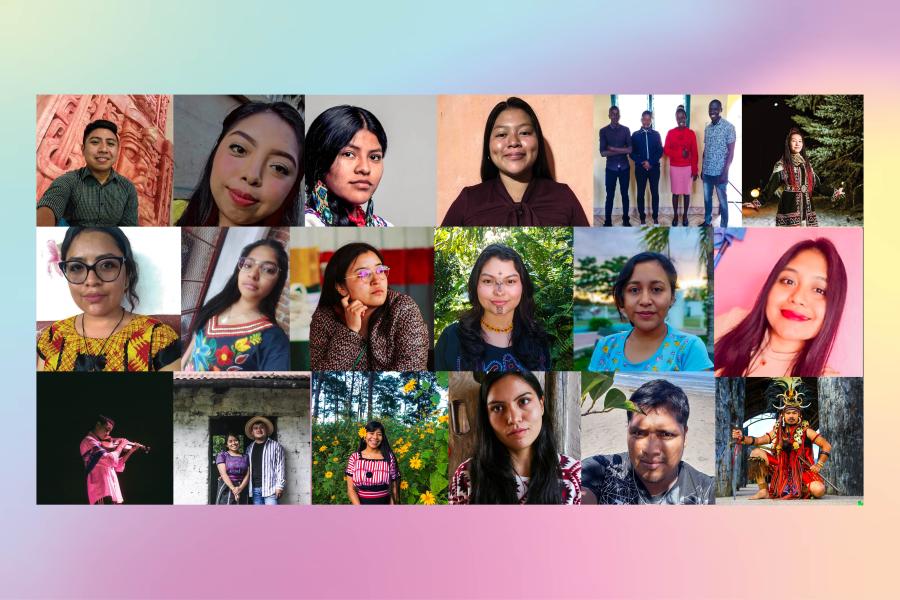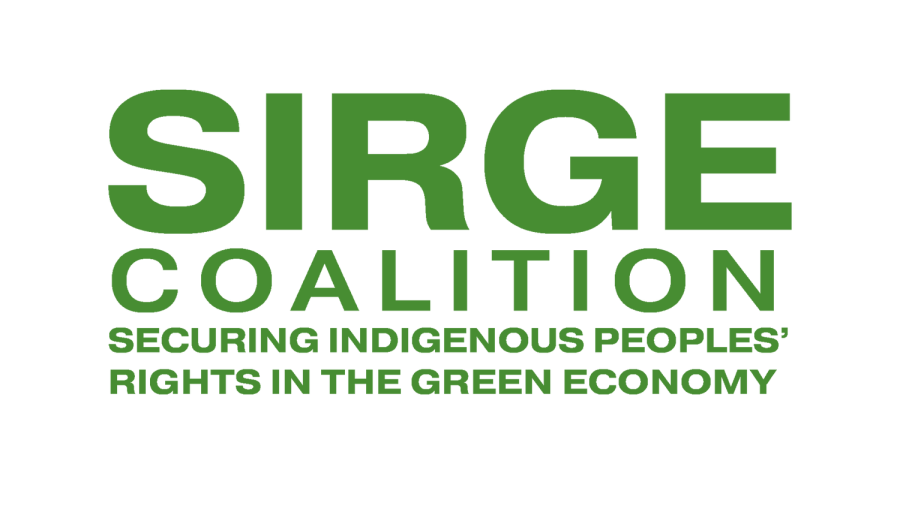In October 2005, Cultural Survival's Program Council met to discuss the issues presented by the recently initiated Genographic Project sponsored by National Geographic and private financial backers. The primary goal of this five-year project is to employ extensive DNA sampling to develop a comprehensive history of the peopling of the planet—showing relationships between historic and contemporary groups and their transmigratory patterns. Indigenous and other isolated groups form the core populations who have been targeted to make this study possible.
The Program Council—a rich and diverse representation of Indigenous and non-indigenous experts working with Indigenous Peoples from around the world—includes members with close-up exposure to the issues. Vincent Nmehielle, a Nigerian lawyer, worked with earlier African genomic research; Jean Jackson, chair of the Anthropology Department at the Massachusetts Institute of Technology, witnessed the impact of the Human Genome Diversity Project (HGDP) on Indigenous Peoples in Colombia; and Richard Grounds is a member of the Yuchi (Euchee) community in Oklahoma, the first Indigenous group contacted for participation in the HGDP in North America.
The discussion among Program Council members and participating Cultural Survival staff and board members was insightful and intense. There was a desire to be fair to the issues and a concern to continue a positive working relationship with the National Geographic Society. However, as the Program Council reminded itself, the first responsibility of Cultural Survival is advocacy and support for Indigenous Peoples. Underlying the exchange was a deep awareness of the divide that separates the diverse Indigenous worlds from the non-indigenous world—a divide marked by radically different world views, by disparate positions in the political and economic spheres, and by contrasting experiences with western military, educational, and scientific institutions. The power differences represented by these inequities raise the ethical and moral responsibilities of any project involving the DNA of Indigenous Peoples to the highest levels.
The questions that were voiced by Program Council members during our exchange centered on the benefits and risks of the Genographic Project to Indigenous Peoples. How do Indigenous Peoples benefit from this research? If it is difficult to identify any significant benefits to Indigenous communities based on the science itself, is the Legacy Fund to support Indigenous educational and cultural initiatives an equitable exchange? Can the fairness of that exchange be measured by the percentage of the project's funding that will go toward Indigenous concerns?
And what of the risks for Indigenous Peoples? Since Indigenous Peoples have their own cosmovision, ceremonies, songs, and stories that provide satisfactory explanations of their past origins and migrations, why not trust and respect Indigenous knowledge and wisdom? Are not the findings likely to create a clash with traditional understandings and traditional beliefs? Is it acceptable to inject western constructions of descent, migration, and inheritance into Indigenous communities?
What are the guarantees against the improper use of the data? This is of particular concern, since Indigenous communities will likely not have the resources for legal remedies against violations of the agreed limited use of their DNA or blood samples. Will the specimens be destroyed? Who will own the products of the research? Is it even possible to guarantee compliance with the agreed usages into the distant future?
Given the limitations of access to information by isolated groups and the challenges of language differences, how will Indigenous Peoples be effectively informed about the project, both prior to deciding about participation and regarding any results? Will Indigenous communities have the means to prevent the remains of their ancestors from being disturbed and studied?
At what levels and to what extent have the conceiving, design, and execution of the project been truly collaborative with Indigenous communities given the critical importance to the project of Indigenous Peoples in terms of access to their life-matter?
The Program Council welcomes Spencer Wells' expressed interest in seeking ongoing input from Cultural Survival, and we look forward to the forthcoming dialogue with leaders of the Genographic Project.
Stella Tamang (Tamang, Nepal) and Dr. Richard Grounds (Euchee, Oklahoma) are co-chairs of the Cultural Survival Program Council.


